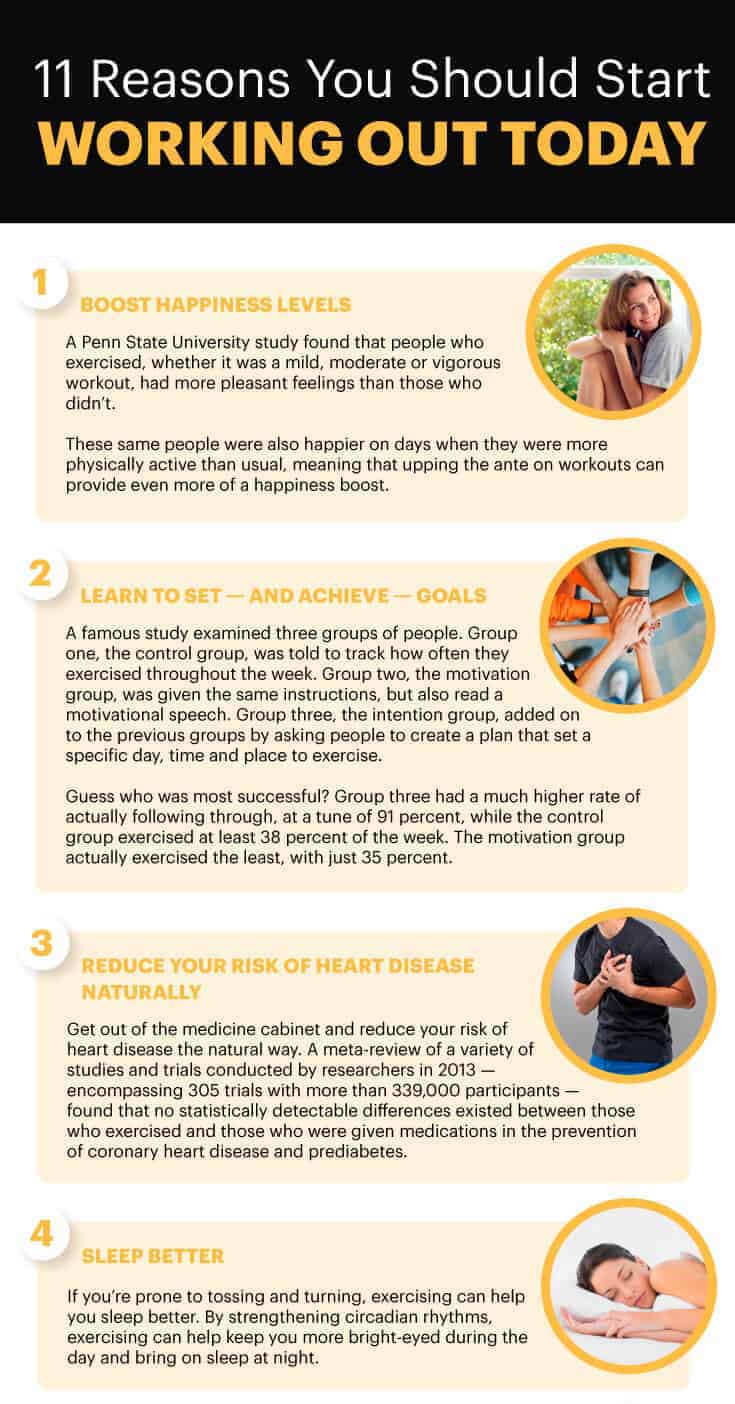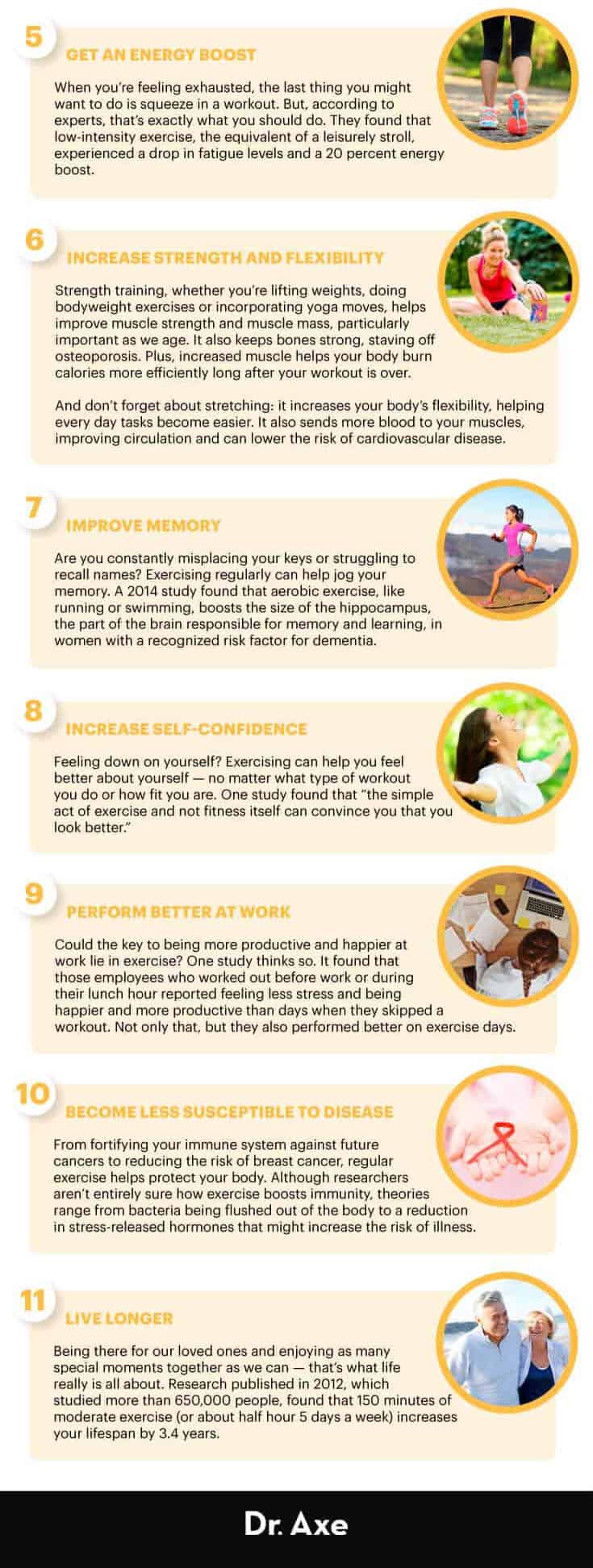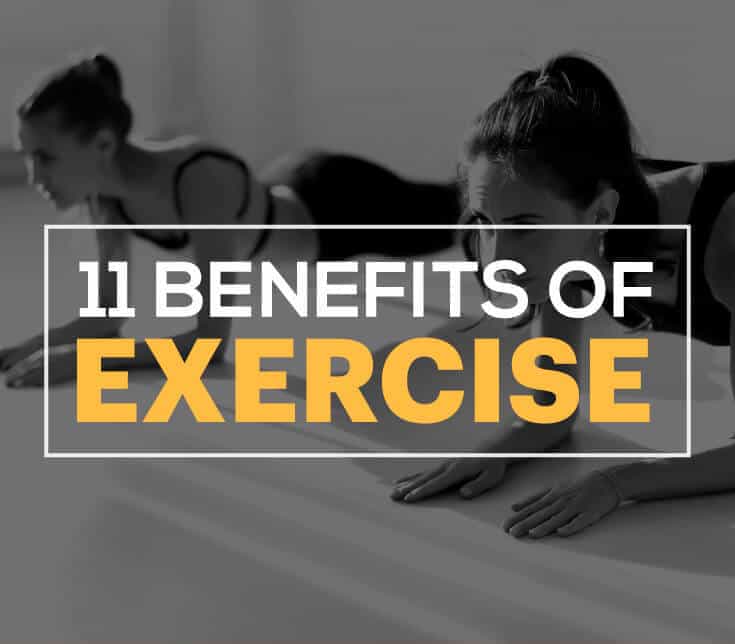This Dr. Axe content is medically reviewed or fact checked to ensure factually accurate information.
With strict editorial sourcing guidelines, we only link to academic research institutions, reputable media sites and, when research is available, medically peer-reviewed studies. Note that the numbers in parentheses (1, 2, etc.) are clickable links to these studies.
The information in our articles is NOT intended to replace a one-on-one relationship with a qualified health care professional and is not intended as medical advice.
This article is based on scientific evidence, written by experts and fact checked by our trained editorial staff. Note that the numbers in parentheses (1, 2, etc.) are clickable links to medically peer-reviewed studies.
Our team includes licensed nutritionists and dietitians, certified health education specialists, as well as certified strength and conditioning specialists, personal trainers and corrective exercise specialists. Our team aims to be not only thorough with its research, but also objective and unbiased.
The information in our articles is NOT intended to replace a one-on-one relationship with a qualified health care professional and is not intended as medical advice.
11 Benefits of Exercise — #10 Is More Important Than Ever
September 12, 2017
Maybe you’ve been meaning to start but just haven’t found the right routine … or even the right exercise hack. Perhaps you’re recovering from an injury or haven’t gotten around to it. Whatever your excuse, I’m here to tell you that today is the day to start working out.
That’s because the benefits of exercise are far more than just losing weight or achieving that “bikini body.” Exercise benefits everything from your sleep quality to your energy level, and even your memory. From making you happier to helping you live longer, regular exercise is key to living a healthy, balanced life.
11 Reasons You Should Start Working Out Today
1. Boost happiness levels
Whether we’re fully conscious of it or not, we’re always looking for how to be happy. And exercise is one of the most obvious steps to take, as it’s not a coincidence that you feel better after a good workout: It’s science. A Penn State University study found that people who exercised, whether it was a mild, moderate or vigorous workout, had more pleasant feelings than those who didn’t. (1)
These same people were also happier on days when they were more physically active than usual, meaning that upping the ante on workouts can provide even more of a happiness boost. The takeaway? Working out can make you happy long term; adding extra intensity can make you feel even better.
Another experiment used a smartphone app to have participants track their activity, location and happiness levels throughout the day. It received more than 3 million responses a year — and users were at their second-happiest post-workout. (2)
2. Learn to set — and achieve — goals
Whether it’s deciding to run a 10K, increasing the amount you can deadlift or increasing your bike mileage, setting and achieving fitness goals is an incredible self-confidence boost. But if you find your resolutions falling to the wayside, science has uncovered the secret to success: setting clear intentions.
A 2002 study examined three groups of people. Group one, the control group, was told to track how often each person exercised throughout the week. The second group, the motivation group, was given the same instructions, but also read a motivational speech. Group three, the intention group, added on to the previous groups by asking people to create a plan that set a specific day, time and place to exercise.
Guess who was most successful? Group three had a much higher rate of actually following through, at a tune of 91 percent, while the control group exercised at least 38 percent of the week. The motivation group actually exercised the least, with just 35 percent. (3)
By discovering the power of goal setting by committing to reaching an exercise milestone and then working out just how you’ll achieve it, you can enjoy the benefits of exercise and the confidence that comes along with it.
3. Reduce your risk of heart disease naturally
Get out of the medicine cabinet and reduce your risk of heart disease the natural way. A meta-review of a variety of studies and trials conducted by researchers in 2013 — encompassing 305 trials with more than 339,000 participants — found that no statistically detectable differences existed between those who exercised and those who were given medications in the prevention of coronary heart disease and prediabetes. (4)
In fact, in those patients who already had suffered a stroke, physical activity interventions were more effective than drug treatment. Work with your doctor to set up an exercise plan that works for you.
4. Sleep better
If you can’t sleep and instead are prone to tossing and turning, exercising can help you sleep better. By strengthening circadian rhythms, exercising can help keep you more bright-eyed during the day and bring on sleep at night. (5) It also promotes better quality sleep.
While the effects may not be an immediate quick fix — a recent study found that it can take up to four months for those beginning an exercise routine to have a positive effect on sleep — starting a working out plan is the only way to ensure you’ll sleep soundly every night. (6)
5. Get an energy boost
When you’re feeling exhausted, the last thing you might want to do is squeeze in a workout. But, according to experts, that’s exactly what you should do. They found that low-intensity exercise, the equivalent of a leisurely stroll, experienced a drop in fatigue levels and a 20 percent energy boost.
Even more exciting is that the low-intensity exercise group’s fatigue levels dropped more than the higher-intensity group, great news for those who might skip a workout because they don’t have time or energy for a more intense session. Both groups reported steadily increased energy over the span of the six-week experiment. (7)


6. Increase strength and flexibility
If strength training and stretching aren’t a part of your fitness routine, it’s time to incorporate them. Though many adults engage in cardio activities, quite a few stay away from resistance training and building muscle — and that’s a mistake.
Strength training, whether you’re lifting weights, doing bodyweight exercises or incorporating yoga moves, helps improve muscle strength and muscle mass, particularly important as we age. (8) It also keeps bones strong, thus serving as a great natural treatment for osteoporosis. Plus, increased muscle helps your body burn calories more efficiently long after your workout is over.
And don’t forget about stretching: It increases your body’s flexibility, helping everyday tasks become easier. It also sends more blood to your muscles, improving circulation, and can lower the risk of cardiovascular disease. Just a few minutes a day of deep stretching can make a difference.
7. Improve memory
Are you constantly misplacing your keys or struggling to recall names? Exercising regularly can help jog your memory. A 2014 study found that aerobic exercise, like running or swimming, boosts the size of the hippocampus, the part of the brain responsible for memory and learning, in women with a recognized risk factor for dementia. (9) Besides looking to brain food to boost your memory and mental skills, start breaking a sweat!
8. Increase self-confidence
Feeling down on yourself? Exercising can help you feel better about yourself — no matter what type of workout you do or how fit you are. One study found that “the simple act of exercise and not fitness itself can convince you that you look better.” (10) With so much emphasis on our outward appearances in society today, it’s comforting to know that one of the benefits of exercise helps people feel better about themselves and how they look naturally.
9. Perform better at work
Could the key to being more productive and happier at work lie in exercise? One study thinks so. It found that those employees who worked out before work or during their lunch hour reported feeling less stress and being happier and more productive than days when they skipped a workout. (11) Not only that, but they also performed better on exercise days. It’s the perfect excuse for a lunchtime stroll or walking meeting.
10. Become less susceptible to disease
From fortifying your immune system against future cancers to reducing the risk of breast cancer, regular exercise helps protect your body. (12) Although researchers aren’t entirely sure how exercise boosts immunity, theories range from bacteria being flushed out of the body to a reduction in stress-released hormones that might increase the risk of illness. (13)
While we wait for the science to catch up, it’s clear that engaging in moderate to intense exercise benefits your body in ways we’re not even sure of yet.
11. Live longer
Being there for our loved ones and enjoying as many special moments together as we can — that’s what life really is all about. Keeping your body happy and healthy to help you live a longer, fuller life is one of exercise’s biggest benefits. Therefore, it’s great news that research published in 2012, which studied more than 650,000 people, found that 150 minutes of moderate exercise (or about half hour five days a week) increases your life span by 3.4 years (and it supports healthspan too). (14)
So short of moving to a blue zone, exercising for just 10 minutes a day, or 75 minutes a week, can earn you an extra 1.8 years. The findings held true even for those individuals who were overweight or obese; adding exercise helped them live longer, while being obese and inactive decreased life span by up to 7.2 years. The benefits of adding more exercise increased and then plateaued at about 300 minutes of weekly exercise (or an hour five days a week) adding an extra 4.2 years of life.
So the next time you think you’re too busy, think about it this way: You’re shaving off years of life. Is that TV show really worth it?




